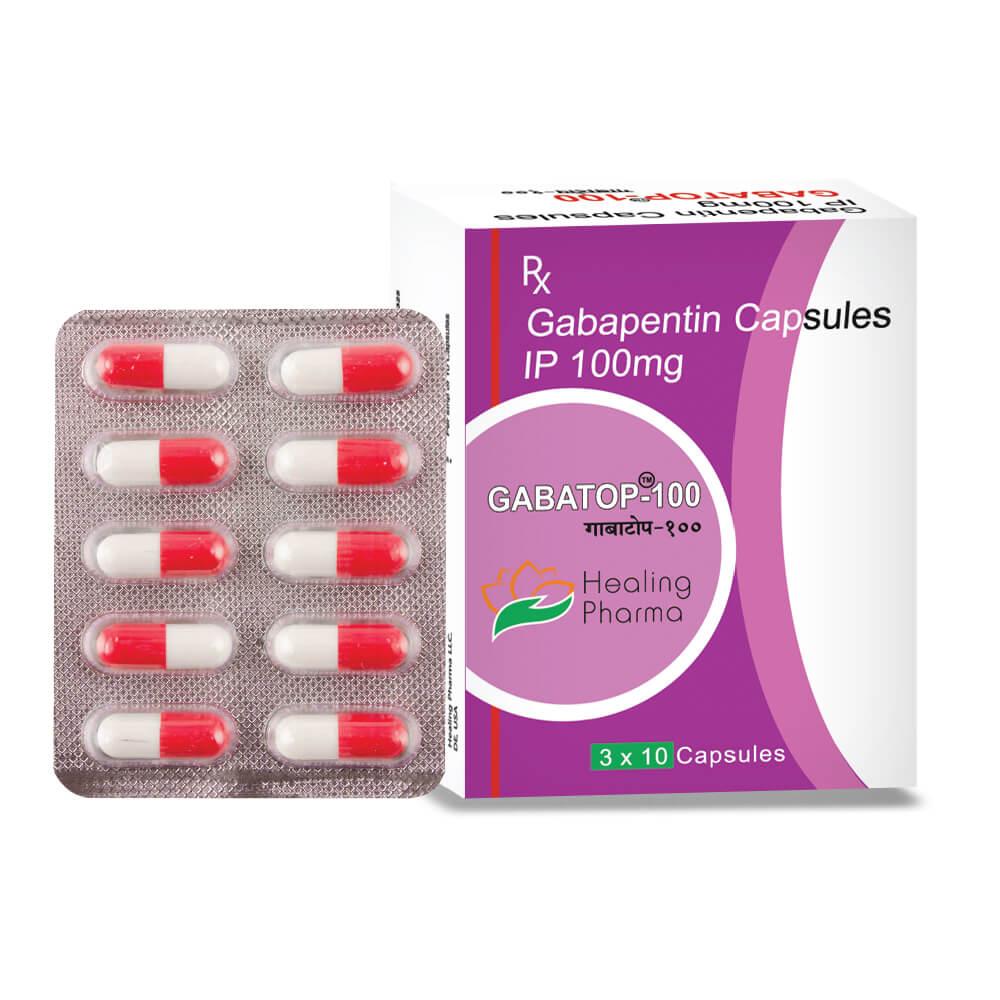Notifications
5 minutes, 34 seconds
-78 Views 0 Comments 0 Likes 0 Reviews

Gabapentin 100mg is a common medicine used for nerve-related conditions. Doctors prescribe it for seizures, nerve pain, and restless leg syndrome. It helps calm overactive nerves and provides relief. The medicine works in the brain and spinal cord to stop unusual nerve activity.
Gabapentin is a drug that affects the nervous system. It is not related to common painkillers. It controls abnormal nerve signals. It is mostly used to manage epilepsy and neuropathic pain.
Active Ingredient: Gabapentin
The main component in Gabapentin 100 mg is Gabapentin. It affects chemicals in the brain involved in seizures and pain. It does not cure the illness but helps reduce symptoms.
Gabapentin is used for several health problems:
Gabapentin reduces pain from damaged nerves. It is often used after shingles (postherpetic neuralgia). It works by lowering the nerve signals that cause pain.
Doctors prescribe it as an add-on treatment for partial seizures. It helps prevent episodes and improves patient control over seizures.
Gabapentin can improve sleep and reduce uncomfortable leg sensations in RLS patients.
It helps people with diabetes who experience burning, tingling, or stabbing pain in the legs or feet.
Gabapentin is available in different strengths: 100 mg, 300 mg, 400 mg, 600 mg, and 800 mg.
Gabapentin 100 mg is usually the starting dose for new patients. Doctors may increase the dose based on how the body reacts. It is important to follow medical advice and not skip or double the dose.
Gabapentin changes the way nerves send messages to the brain. It helps balance nerve signals and lowers the sensation of pain or seizure triggers. It takes time to show full effects, so patience and regular use are needed.
Gabapentin 100 mg offers many benefits:
Reduces nerve pain
Improves quality of life for people with epilepsy
Promotes better sleep in those with RLS
Starts with a low dose to check tolerance
Often well-tolerated when taken as directed
It allows gradual buildup in the body, reducing side effects that may happen with higher doses.
Gabapentin is helpful, but it can cause side effects. Most are mild and fade over time. Others may need medical help.
Drowsiness
Dizziness
Tiredness
Swelling in hands or feet
Blurry vision
Mood changes like depression or anxiety
Suicidal thoughts (rare but serious)
Breathing problems in older adults
Allergic reaction like rash or swelling
Patients should report any unusual effects to a doctor right away.
Certain people need to avoid or take caution with Gabapentin:
Those allergic to Gabapentin
People with kidney disease
Pregnant or breastfeeding women
Those taking other medicines for anxiety or seizures
Doctors will review medical history before prescribing Gabapentin.
Gabapentin may react with:
Antacids (reduce absorption)
Morphine (increases side effects)
Alcohol (raises drowsiness)
Other seizure drugs (may interact)
Avoid self-medicating. Always inform your doctor about all drugs being used.
Follow all instructions:
Take the medicine at the same time daily
Swallow with water, with or without food
Do not stop suddenly
Store at room temperature
If a dose is missed, take it when remembered. Skip it if it is close to the next dose.
Gabapentin can be taken long-term under medical guidance. The doctor may adjust the dose over time. Regular checkups help monitor side effects and kidney function.
Gabapentin works best with healthy habits:
Stay active
Eat balanced meals
Get enough sleep
Avoid alcohol
Follow up with your doctor
These steps help manage the condition and improve recovery.
Gabapentin 100 mg is a trusted drug for nerve pain and seizures. It offers relief and comfort when used as prescribed. Patients should watch for side effects, avoid alcohol, and talk to their doctor before making changes. Starting with a low dose like 100 mg makes it easy to monitor reactions and build up safely.

